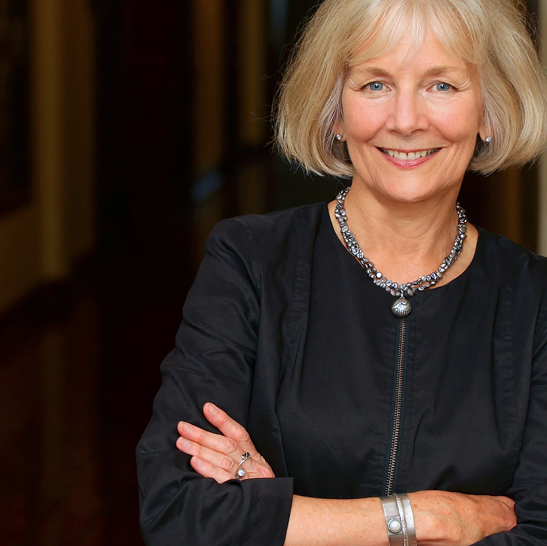Essex Hotel Management might have been growing “under the radar” in the past, executives said, but its presence is becoming more well-known as it hones its development strategy.
The Rochester, New York-based development, ownership and management company has been in the hotel business for 30 years, consistently holding about a dozen operating hotels in its portfolio.
Essex has small ownership interest in most properties, which are all Marriott- and Hilton-branded, within both the select-service and extended-stay segments. Geographically, the hotels range from New York to Florida, all with diverse demand drivers, including college towns and wide-open spaces, said company President and Director Barbara Purvis during a break at the 2021 Lodging Conference.
But unlike any other year over the past three decades, 2021 has proven to be a challenge for Essex, especially with the ability to attract and retain labor, Purvis said. “Hospitality was always a dependable employer. We laid off 80% when all this happened. For many who thought this was always [dependable], now they know it’s not. People are working extremely hard, hours are unpredictable,” she said.
While there is no clear solution to the problem, Purvis said her company has survived.
“Just getting through all of this and seeing the light, [seeing] business start to come together, seeing our teams rally in the way that they have has been a real boost,” she said.
The company now is on a path to grow in a way that benefits both owners and employees, she added.
Essex’s Beginning
Purvis said the company originally was part of larger financial service organization that invested in the Microtel hotel brand as well as other multifamily assets. As that portfolio grew, her company recognized an opportunity to then operate those hotels, she said.
Through growth of its portfolio, the Essex team also realized the importance of brand strength. In the early 2000s, Essex had about 2,500 investors, but those investors didn’t sign on for life. The company sold all the Microtel-branded properties and shifted gears.
“My partner, who I worked with all those years, he oversaw the dispositions. I then looked at finding new opportunities,” she said, adding Essex was able to keep its entire core team together. “Even though we were shrinking on one end, we were growing on the other.”
When her team did sell the hotels, it wasn’t a fire sale. They were able to maximize the value. Essex sold off its last assets around 2007, right before the Great Recession.
From there, the company’s strategy was to align with a smaller group of partners, she said, describing Essex’s growth strategy now as moderate and controlled.
“We’ve been a little bit under the radar,” she said.
Future Growth
Essex partners with both individuals and groups, and depending on objectives such as new construction or turnaround opportunities, aligns strategy with what’s available in certain markets. Purvis said a portfolio of about 20 to 25 hotels feels right for her company. This size allows for the opportunity to provide career growth opportunities for both its corporate and on-site team members. It also presents opportunity to be flexible.
Essex’s newest additions include a 126-room Courtyard by Marriott Rochester Downtown that opened June 2021, which the company operates on behalf of a local ownership. In terms of how the company will grow — through development, acquisition or third-party management agreements — Purvis said the company has “done it all and can do it all,” but her team doesn’t favor one method over another.
“One would argue that [acquisitions are] more immediate, whereas development projects are two, three years down the road, so it’s not necessarily going to add to the portfolio. However, you have that opportunity to create the right asset for the market,” she said.
However, there are plenty of opportunities to pick up hotels from other owner operators who simply don’t want to operate anymore after the pandemic.
“We’ve had some conversations with them, and that may be for us good opportunity for growth,” she said.The biggest lesson Purvis has learned during the past 18 months is the need to be flexible and nimble.
“You definitely have to be dancing on your toes right now … and you can’t be confined within such a rigid structure of ‘this is how we operate.’ That doesn’t work, it’s never worked for us in any circumstance, but even more so now,” she said.












